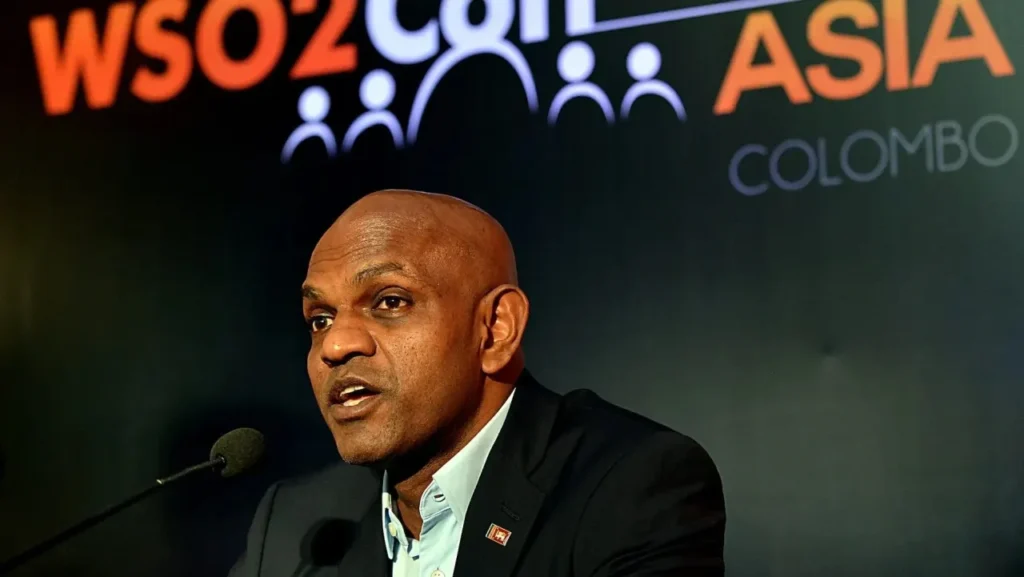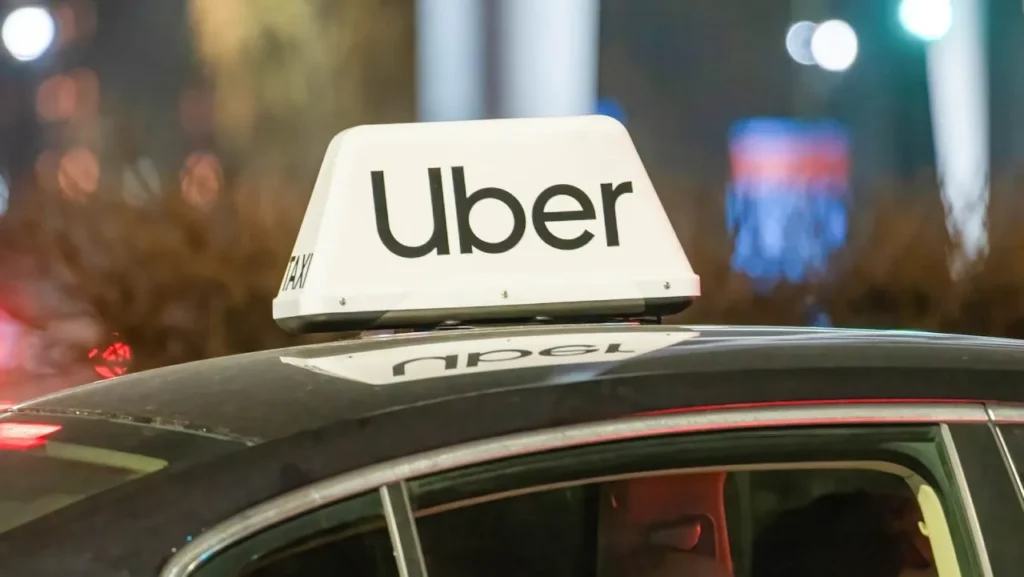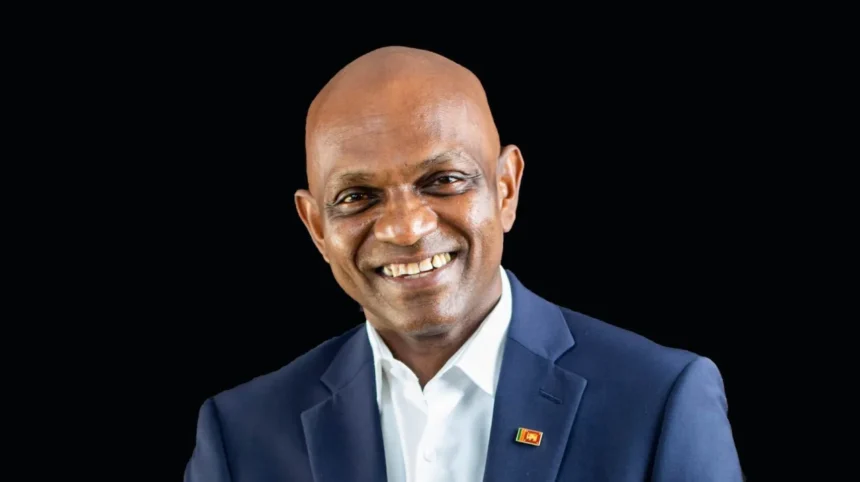Sri Lanka isn’t typically recognized for its startup ecosystem, but one company has defied expectations for nearly two decades. WSO2, an open-source enterprise software provider with clients like Samsung, Axa, and AT&T, recently agreed to be acquired by private equity giant EQT for a confirmed valuation of $600 million. This acquisition, pending regulatory approvals, will make EQT the sole owner of WSO2, including shares held by investors and current and former employees. Notably, 30% of the proceeds will benefit these employees, potentially sparking a wave of new ventures.
“This underscores the importance of equity,” said WSO2 co-founder and CEO Sanjiva Weerawarana. “From day one, every employee has been a shareholder. This is a groundbreaking concept here because we haven’t had companies that exited with meaningful financial returns before. Seeing is believing.”

Thriving Through War and Unrest
Founded in 2005 in Colombo, WSO2 offers a middleware stack with tools like API management and identity and access management (IAM), competing with industry giants like Apigee and Okta. The driving force behind WSO2 is Weerawarana, a computer scientist and key figure in the open-source community, known for his work with the Apache Software Foundation and the creation of Ballerina, a cloud-native programming language.
Before WSO2, Weerawarana worked at IBM’s R&D team in the U.S., developing web service specifications such as WSDL and BPEL. Frustrated by IBM’s lack of interest in his middleware stack concept, Weerawarana decided to start his own company. In August 2005, he co-founded WSO2 with Davanum Srinivas and former IBM colleague Paul Fremantle.
Despite a civil war and external pressures to relocate to the U.S., WSO2’s core operations have remained in Sri Lanka. “I returned to Sri Lanka in 2001, and two weeks before I landed, the airport was attacked by terrorists. Despite these challenges, we’ve built a tech company here,” said Weerawarana. Today, 80% of WSO2’s 780 employees are based in Sri Lanka, with the rest spread across hubs in the U.S., Europe, and Asia.
Intel Inside
After a small round of angel funding in 2005, Intel’s VC arm, Intel Capital, became WSO2’s earliest backer in 2006. This $2 million investment was pivotal for WSO2’s growth. Pradeep Tagare, then a senior investment manager at Intel Capital, saw the potential in WSO2 as part of a strategic initiative to build an alternate stack on Intel hardware, alongside investments in JBoss and MySQL.

“Open source software development is naturally distributed, allowing contributions from those outside big tech companies,” said Tagare. “WSO2’s location in Asia made it even more interesting.”
Since its inception, WSO2 has raised $133 million, though Weerawarana clarifies only $70 million was primary capital. The company has thrived amidst the rise of cloud computing and microservices, positioning itself well for the AI revolution by integrating AI into its products.
The Road to Acquisition
Despite offers over the years, Weerawarana resisted selling WSO2, aiming for an IPO. However, in May, WSO2 accepted an offer from EQT Private Capital Asia. The deciding factor was a controlling shareholder’s desire for liquidity. This shareholder, Toba Capital, had acquired a significant stake in WSO2, including Intel Capital’s portion.
WSO2 has been cash-flow positive since 2017 and profitable since 2018. Under EQT’s ownership, the company will have the resources to pursue long-term strategies and is projected to reach $100 million in annual recurring revenue by Q3.
“WSO2 has all the strengths we look for in a software business,” said Hari Gopalakrishnan, EQT partner and global co-head of services. “Deep client relationships, product-led growth, robust products, and prudent financial management.”
Weerawarana sees the acquisition as a step towards his ultimate goal: an IPO. “I started this company to create something that lasts. EQT’s plan aligns with that vision, giving us five years to reach an IPO.”
Beyond Business
Weerawarana’s endeavors extend beyond WSO2. In 2022, he founded the Avinya Foundation to support economically disadvantaged children through vocational education. Additionally, in 2017, he started driving for Uber to challenge social stigmas around certain jobs in Sri Lanka. “If a successful businessman like me can do it, then anyone can,” he said.
Although he paused during the pandemic, Weerawarana plans to resume Uber driving as tourism recovers. “I want to break the mindset that certain jobs are inferior. The Avinya Foundation and my Uber driving are part of this effort.”
WSO2’s journey from a small startup in a war-torn country to a $600 million enterprise is a testament to resilience, innovation, and a commitment to equity. Under EQT’s guidance, WSO2 is poised for further growth, continuing to defy expectations from its home base in Sri Lanka.










